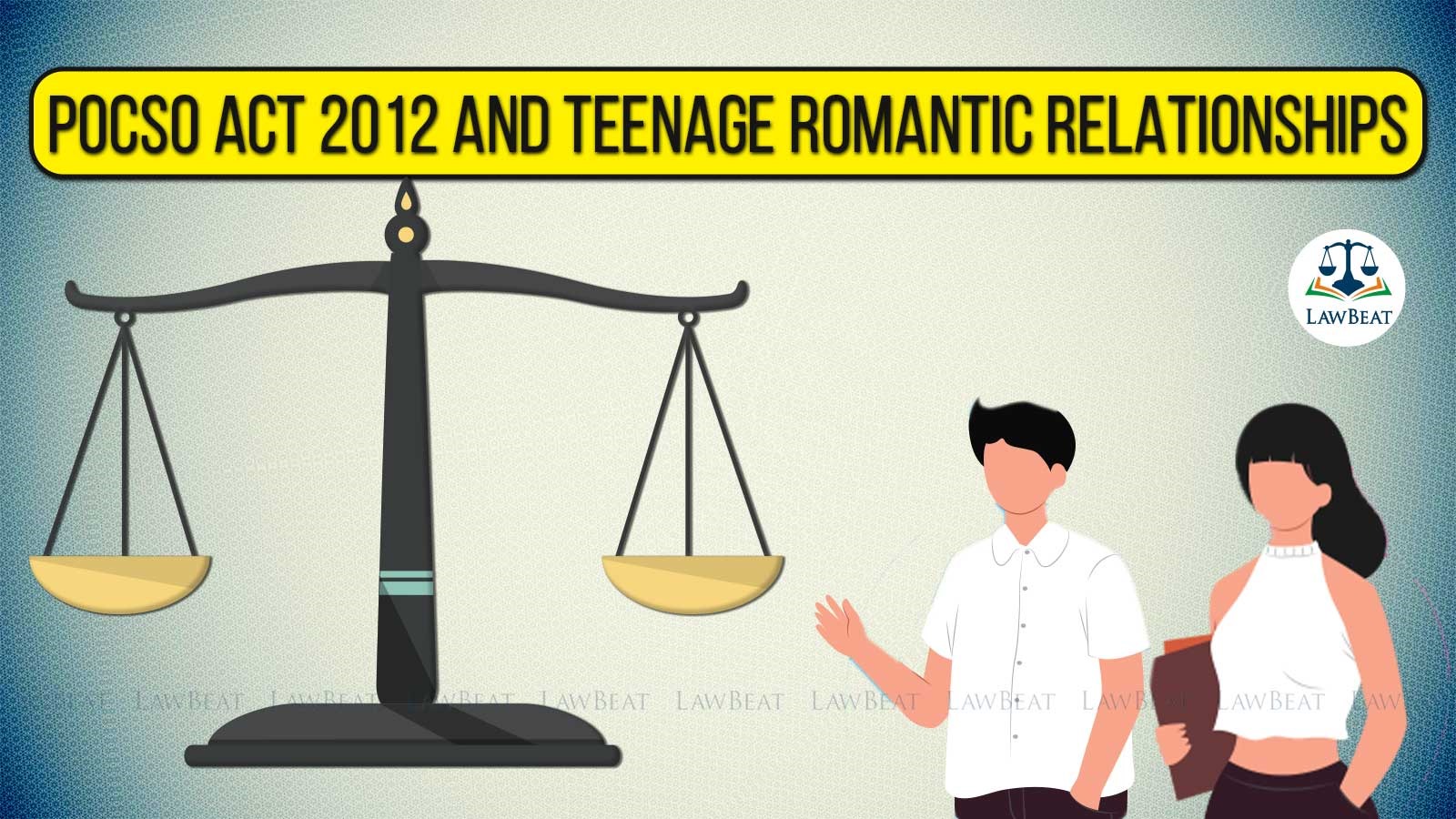"POCSO Act was never meant to criminalise consensual romantic relationships between adolescents": Allahabad HC grants bail to accused

The observations were made while dealing with a bail application filed by a young man who had been accused of enticing away a minor girl
The Allahabad High Court recently observed that the fact of a consensual relationship borne out of love should be of consideration while granting bail in cases under the POCSO Act.
"POCSO was formulated to protect children under the age of 18 years from sexual exploitation. Nowadays more often than not it has become a tool for their exploitation. The Act was never meant to criminalise consensual romantic relationships between adolescents. However, this has to be seen from the facts and circumstances of each case," said the bench of Justice Krishan Pahal.
The observations were made while dealing with a bail application filed by a young man who had been accused of enticing away a minor girl. The man was facing prosecution under Sections 363, and 366 of the IPC and Section 7/8 of the Protection of Children from Sexual Offences Act, 2012 (POCSO Act).
As per the FIR in the case, while running away, the victim girl had taken with her the mangalsutra of her sister-in-law along with Rs. 10,000 from the house.
Seeking bail for the accused, his counsel submitted before the single judge bench that he had been falsely implicated in the case to harass him.
He submitted that as per the school leaving certificate of the alleged victim girl, she was just two months shy of 15 years. Moreover, the counsel claimed that the alleged victim minor girl, looked much older than her age mentioned in the high school certificate.
He placed much reliance on the settled case law of the Apex Court in Sushil Kumar vs. Rakesh Kumar, (2003) 8 SCC 673, wherein it was stated that it is more often in the Indian Society that person shows the age of their wards much below than their actual age.
Court took note of the nature of the offence, evidence on record regarding the complicity of the accused, the statement of the victim, the larger mandate of Article 21 of the Constitution of India.
Accordingly, without expressing any opinion on the merits of the case, court held that the accused had made out a case for bail.
Court allowed the bail application while directing the accused to not tamper with the evidence and to remain present, in person, before the trial court for the court proceedings in the matter.
Case Title: Mrigraj Gautam @ Rippu v. State of UP and 3 Others
